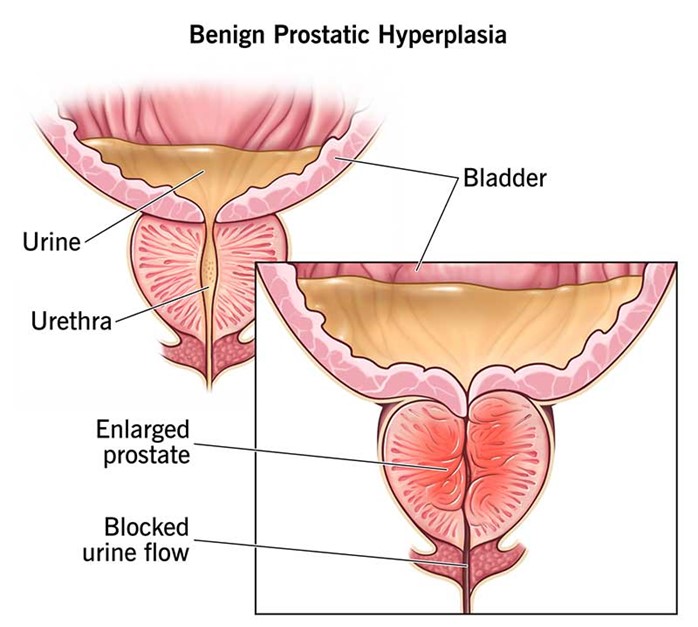A nurse is teaching a parent about appropriate snack choices for her 9-month-old infant. Which of the following food choices should the nurse recommend?
Skim milk
Unsalted popcorn
Raw carrots
Graham crackers
The Correct Answer is D
Choice A reason: Skim milk is not an appropriate snack choice for a 9-month-old infant. Infants under 12 months of age should not consume cow's milk, as it can cause iron deficiency, gastrointestinal bleeding, and allergic reactions. Infants should be breastfed or formula-fed until they are 12 months old.
Choice B reason: Unsalted popcorn is not an appropriate snack choice for a 9-month-old infant. Popcorn is a choking hazard for infants, as it can easily get stuck in their throat or lungs. Infants should not be given any hard, round, or sticky foods that can cause choking.
Choice C reason: Raw carrots are not an appropriate snack choice for a 9-month-old infant. Raw carrots are also a choking hazard for infants, as they are hard and difficult to chew and swallow. Infants should be given soft, cooked, or pureed vegetables that can be easily mashed with their gums.
Choice D reason: Graham crackers are an appropriate snack choice for a 9-month-old infant. Graham crackers are soft, easy to chew and swallow, and provide carbohydrates and energy. They can also help infants practice their self-feeding skills and finger coordination.
Nursing Test Bank
Naxlex Comprehensive Predictor Exams
Related Questions
Correct Answer is D
Explanation
Choice A reason: The client's creatinine level of 1.0 mg/dL is within the normal range (0.6-1.2), but it does not indicate the effectiveness of the treatment for benign prostatic hyperplasia. Creatinine is a waste product of muscle metabolism that is filtered by the kidneys. High creatinine levels can indicate kidney damage or impaired renal function.
Choice B reason: The client's urine output of 35 mL/hr is below the normal range (40-60), and it indicates the need for further assessment. Low urine output can indicate dehydration, urinary retention, or kidney failure.
Choice C reason: The client's stool consistency and color are not related to the treatment for benign prostatic hyperplasia. Soft, brown stool is normal and does not indicate any problem with the digestive system.
Choice D reason: The client's ability to urinate without straining indicates that the treatment for benign prostatic hyperplasia has been effective. Benign prostatic hyperplasia is a condition in which the prostate gland enlarges and compresses the urethra, causing difficulty in urination. Treatment options include medication, surgery, or minimally invasive procedures to reduce the size of the prostate and relieve urinary obstruction.

Correct Answer is A
Explanation
Choice A reason: Alternating the first breast that is offered to the baby with each feeding can help ensure equal stimulation and drainage of both breasts, and prevent engorgement, mastitis, or milk supply problems.
Choice B reason: Storing breastmilk in the refrigerator up to 48 hours is not recommended, as it can reduce the quality and quantity of antibodies and nutrients in the milk. The optimal storage time for breastmilk in the refrigerator is up to 24 hours.
Choice C reason: Nursing the baby once every 4 hours is not sufficient, as it can lead to insufficient milk intake, dehydration, weight loss, or jaundice in the baby. The baby should be nursed on demand, or at least every 2 to 3 hours during the day and every 4 hours at night.
Choice D reason: Offering the baby water between feedings is not necessary, as it can interfere with breastfeeding and cause water intoxication or electrolyte imbalance in the baby. Breastmilk provides enough hydration and nutrition for the baby.
Whether you are a student looking to ace your exams or a practicing nurse seeking to enhance your expertise , our nursing education contents will empower you with the confidence and competence to make a difference in the lives of patients and become a respected leader in the healthcare field.
Visit Naxlex, invest in your future and unlock endless possibilities with our unparalleled nursing education contents today
Report Wrong Answer on the Current Question
Do you disagree with the answer? If yes, what is your expected answer? Explain.
Kindly be descriptive with the issue you are facing.
